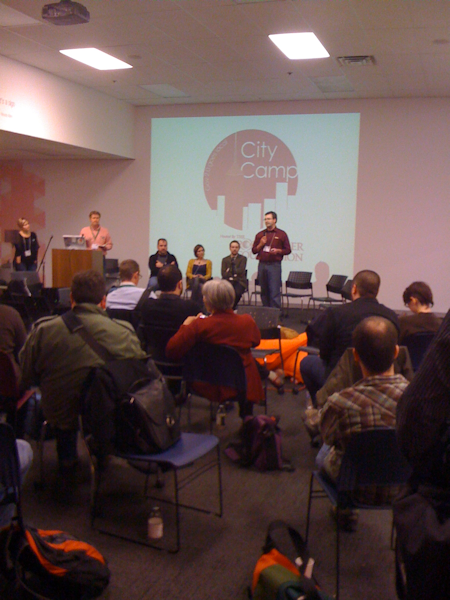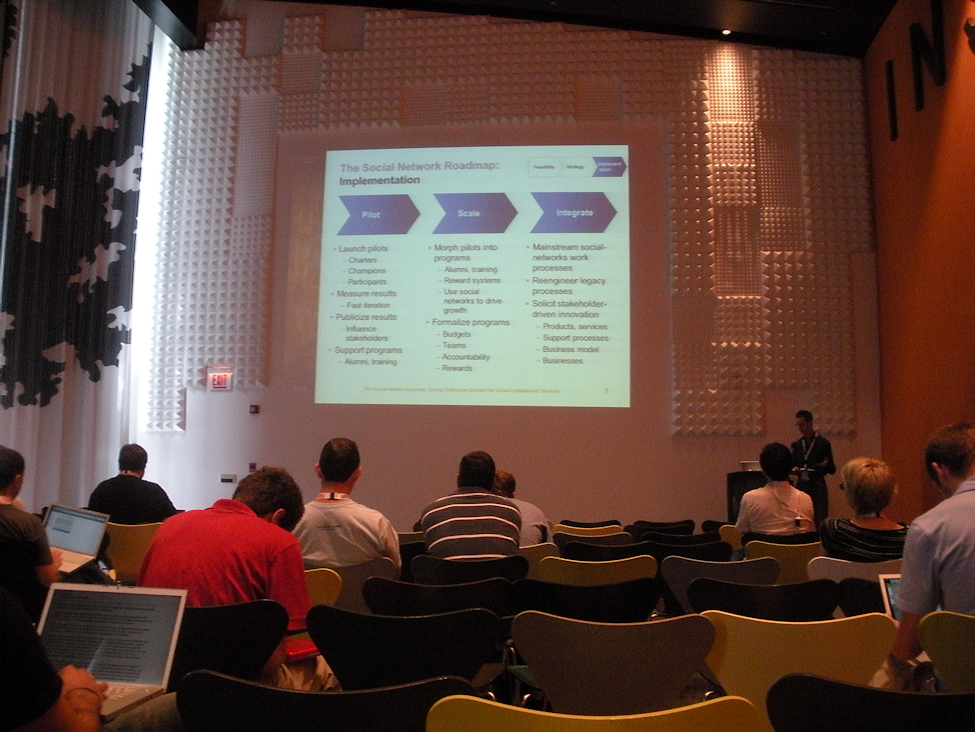This year, I have been involved with two initiatives in our county. One is Kane County's Transit Plan which is just ending and the other is our Downtown Master Plan which is just beginning. Each planning process is professionally managed and both have or will go through all the traditional steps of gathering public input. This usually consists of forming committees of stakeholders and having committee meetings and public hearings. Then all comments and input from these meetings are assembled and worked into the plan. But we all know that as much time and effort as everyone puts into drawing out ideas, it is difficult to get a large majority of folks really talking at these events.

In the same time period, I have attended several "barcamps" or unconferences related to government and social media. These events are incredible because they offer the opportunity to learn and share ideas in a comfortable and informal setting. The environment is also conducive to developing networks and connections to others who care about the topics discussed. And the energy at barcamps is usually so intense that everyone, even that normally reserved person, ends up contributing.
One awesome camp I attended in January in Chicago was CityCamp. This event drew over 100 people who spent two days talking about ideas for increasing government performance. And the event format seems to be taking off – over the last few days I have been watching a discussion on the e-democracy site about several efforts to host CityCamps throughout the world. But organizers are also expressing an interest in having something solid come out of each camp. This got me thinking – wouldn't it be awesome to use the CityCamp model as a planning tool. If each planning initiative, like the transit plan or downtown plan, could include a "CityCamp," along with the more traditional methods, we could generate a lot more ideas and discussion. And in the end, everything would get incorporated into the formal plan.
If I worked in a government position responsible for launching community plans, I would definitely try this out because I see a huge potential for success. Instead I can only encourage others responsible for community planning to take the initiative to try out this technique. And I would definitely be willing to help! (Contacting Kevin Curry, one of the CityCamp organizers, for advice is also a great idea – he's an awesome resource!)



